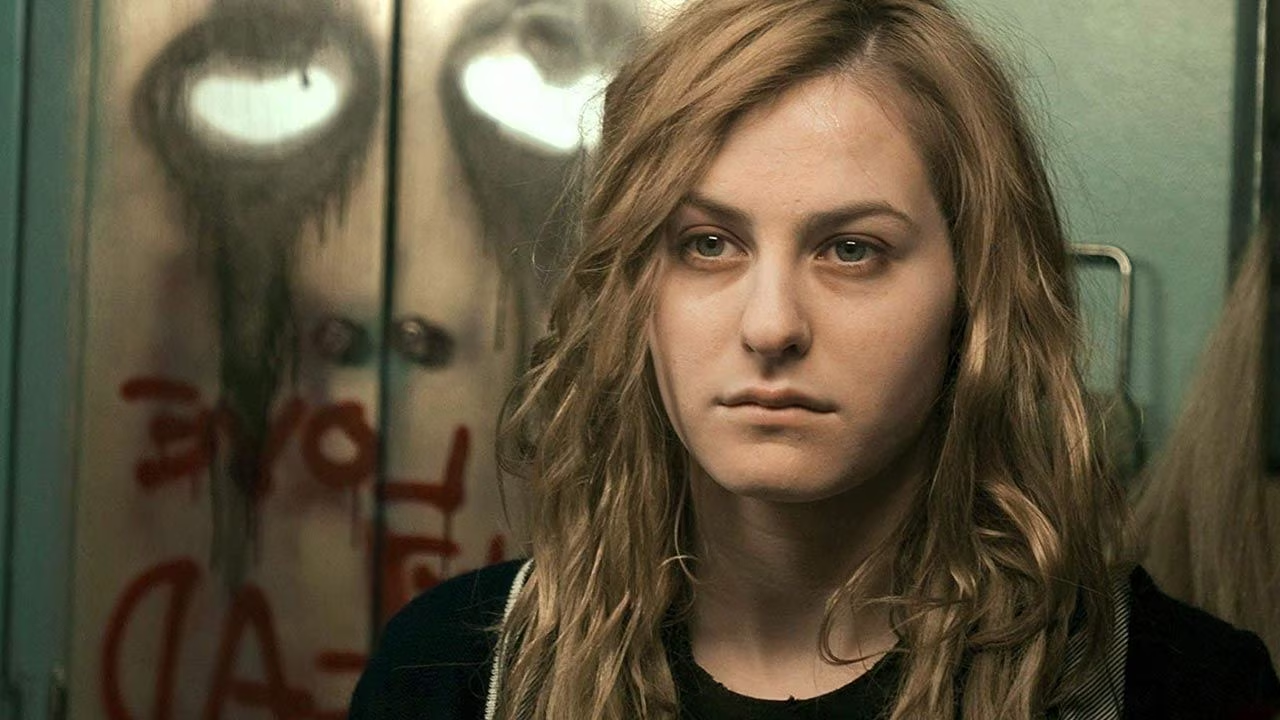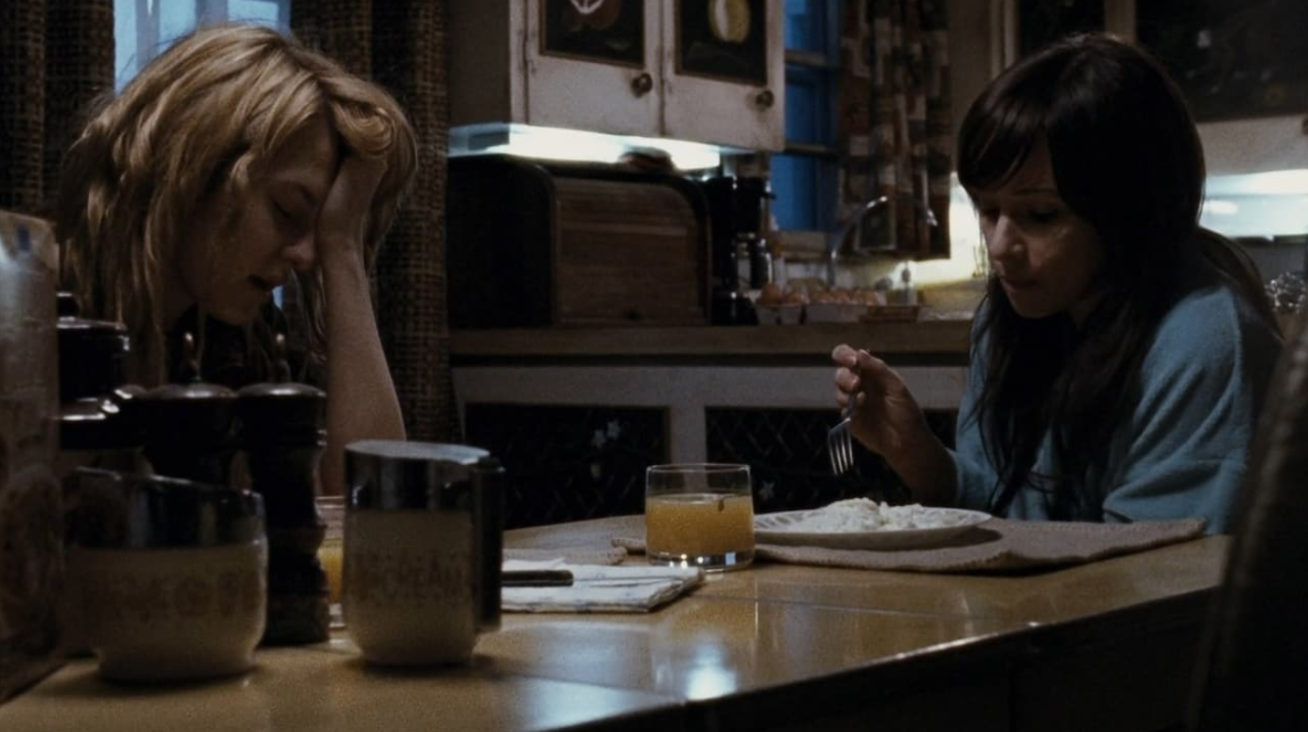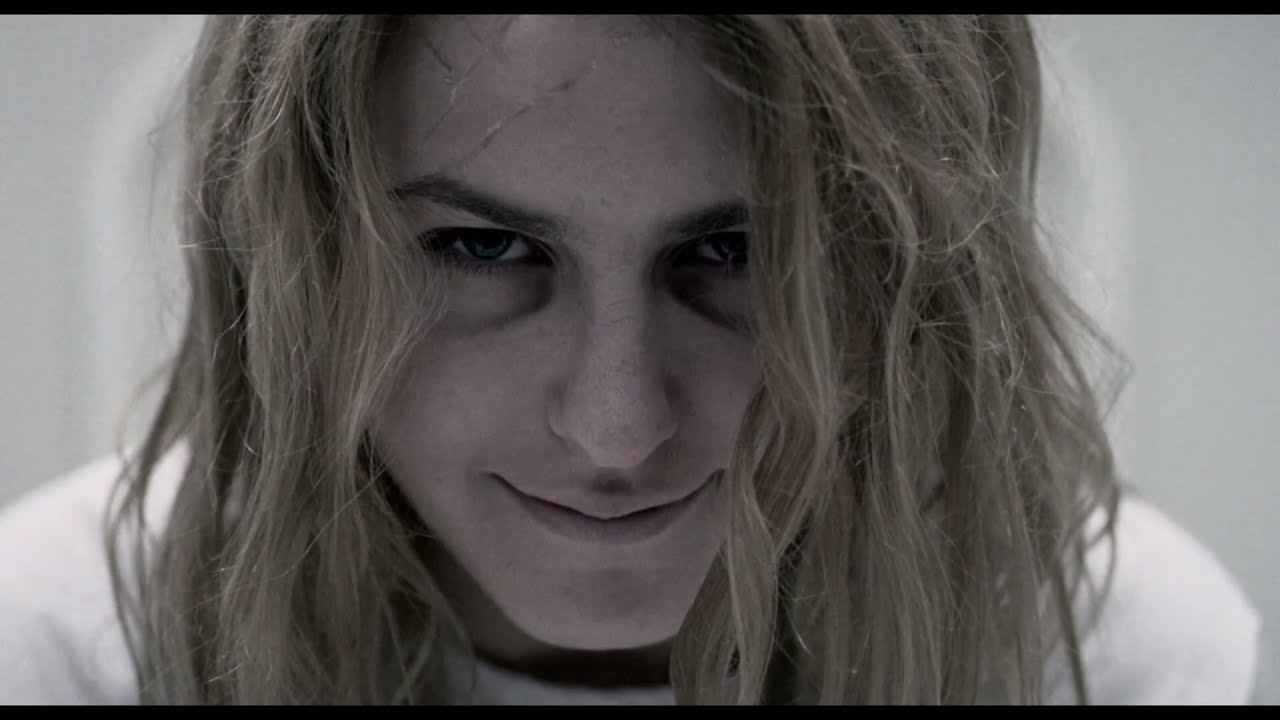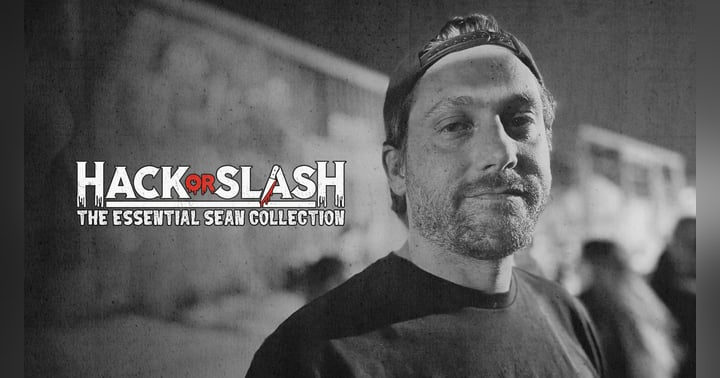Why I love Scout Taylor-Compton’s Laurie Strode: Celebrating 15 Years of Rob Zombie’s 'Halloween II' (2009)

This month marks the 15th anniversary of Rob Zombie’s Halloween II releasing in theaters. Over the years, I’ve grown quite fond of Scout Taylor-Compton’s portrayal of Laurie Strode. In fact, I’d go as far as to say she’s personally my favorite Laurie. I’m an avid fan of the franchise as a whole, and I’ve seen every entry countless times, so I thought I’d take the time to reflect on her character, and see if I could articulate why she resonates with me so much.
Bear in mind that this isn’t necessarily a review of the movie so much as it is a stream of consciousness appreciation for the character of Laurie inhabited by Scout’s performance.
The first word that comes to mind is honesty. Often sequels will do an emotional soft reset. The characters haven’t forgotten about their past traumas, but they’re in a place where they’ve tried to move on, and it’s only throughout the course of the film where we see them gradually descend back into third act turmoil. Halloween II doesn’t do this with Laurie. She’s still in the trenches of trauma. Even after a one year time jump (or two, in the unrated cut), she still has recurring nightmares. We get to experience her journey on a visceral level, not through heroic deeds, but through the lens of human experience.
Despite all the hardships that could leave her in darkness, she musters the strength to go to therapy even though it’s really hard to talk about the loss of her parents. She’s also built new friendships with her coworkers at the java shop, which has a great atmosphere and a killer selection of music and books. Even if only for a while, she’s able to get out of her head and dance with her friends. It’s the type of environment I wish I could foster with my friends more often when I go out in the world.
Moments where she’s alone can be devastating, but she’s also able to find quiet moments of consolation. One small example is when she passes a petting zoo and has a cute interaction with a baby pig she gets to hold. But as a bigger example, there are a few instances in the film where she’s holding a small stuffed bear, and she calls him Buddy. One thing I’ve found that often gets overlooked is that Buddy is also the name of the security guard in her hospital nightmare at the start of the film. I find it fascinating that the security she feels with her bear manifests itself in the form of a protector when she’s asleep.
But beyond all that, the biggest beacon of light in Laurie’s life is her relationship with the Bracketts. Annie is Laurie’s rock, and they affectionately refer to each other as “babe”. They’re able to bond on such a unique level, not only because of how close they are but because they survived the same traumatic experience. One of the things I love most about their relationship is that the person you’re closest to in your life doesn’t necessarily have to be a romantic partner. They love and take care of each other, and that resonates with me because the idea of “found family” has always been important to me.
The most meaningful relationships you have can be the family you choose to create. This is especially significant because when Laurie finds out her birth name in the second half of the movie, the life that she’s worked so hard to stitch together completely shatters. She has an existential crisis at the realization that her real name is Angel Myers. The object of all of her nightmares, the shape that has been stalking her, is her brother Michael. She goes to her friend Mya’s place, and in the most heartbreaking and dejected way, she says “I’m not me.” As viewers, we’ve all had quiet moments of desperation where we find out something earth shattering, or we feel like we’re not the person we’re supposed to be. In Laurie’s case that’s amplified by a thousand, but in a microcosm there’s a catharsis in seeing someone portray those feelings in such a clear way.
This realization marks a “point of no return” for Laurie. She doesn’t follow the archetypal final girl journey after this. She slides into escapism, she wants to party and do drugs. And not that I love that by any means, but I do appreciate the honest portrayal of negative coping mechanisms that are often reserved for supporting characters. In this film we see it through the lens of the character we are most invested in.
The final nail in the coffin for Laurie’s state of mind is the death of Annie. Even 15 years later it’s hard to watch. It’s so emotionally devastating to see Laurie pick her up and hold her. Pleading for her to be okay, sobbing and letting her know that she desperately needs her. For me, this is the hardest scene to watch in the entire franchise because of how raw and compelling it is. Scout really knocks it out of the park.
Depending on which cut of the film you watch, there are a few different interpretations of Laurie’s fate in her final confrontation with Michael and the aftermath. In the director’s cut she dies, but the theatrical cut is more ambiguous about whether or not she has further nightmares/delusions or if she’s legitimately put in a white room. I kind of like the “choose your own adventure” aspect of deciding which version you want to watch. In a way, the branching paths kind of line up with Laurie’s psyche, not being able to discern what’s real and what’s not.
It’s not often we get to see a final girl like this version of Laurie. There is no happy ending. But the emotional stakes of her journey are so compelling it’s hard not to be invested and I feel like Scout’s performance comes through so visceral and honest that it keeps me engaged for the full runtime.
I recently had the opportunity to tell her via Cameo how much I appreciate her work. I think it’s awesome she’s able to jump into difficult fields and isn’t afraid to try new things outside of acting. Whether it be podcasting, writing, or directing and making it work. Seeing someone I admire putting themselves into their craft and relentlessly chasing what they want to achieve makes me feel like I can do that for myself, too.






